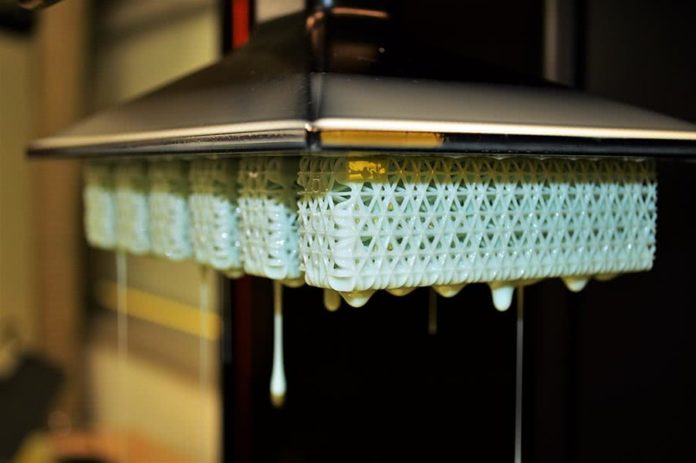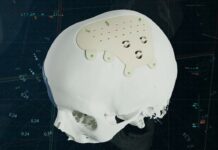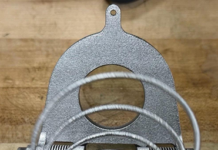rpm, a provider of functional prototypes and small series production for plastic parts, has been granted an ZIM research funding to develop complex elastic lattices using 3D printing.
Funded by the German AiF, the project entitled, “Development of elastic lattice structures using additive manufacturing for various applications” aims to pave the way for applications with partners in the industrial goods and consumer goods industries. The ZIM project, on the other hand, aims to support mid-sized German businesses in research and development.
At the heart of the project, are the Digital Light Synthesis process and EPU41/EPU40 materials from American manufacturer Carbon.
Rpm was was one of the first to adopt Carbon’s technology solutions in Europe in 2018 and has built up extensive experience through production of serial applications with this 3D printing process (reoccurring orders of 200 – 1,000 units in intervals of 2-3 months).
“This grant focuses on DLS because Carbon3D put serial production at the forefront of their development. The material options and reliability of machine processes allow us to cover a variety of new business applications at a competitive cost point. Even more importantly because the material is standardized and validated, it also prints exactly the same way the second, third and twentieth time. When rpm adds improved part product performance using lattice structures that are only available in additive manufacturing, we are establishing truly superior product solutions”, Dr. Claus Thomy, Managing Director, Sales rpm – rapid product manufacturing GmbH states.
While lattices are the key area of study of this project, it should be noted that the application areas were selected by based on roadblocks rpm has encountered with customers looking to specific DLS applications over the past years.
They include directed cooling channels (active and passive) within padded structures, use of pneumatics to control mechanical function, use of liquid to control mechanical function, integration of thermal cooling and heating within elastic parts, the influence of dampening performance with air and liquid as well as the integration of flow systems within elastic parts.
The company explained in a press communication that these applications are all mechanical concepts where lattices can bring specific product value but they require a certain level of research and development before being ready for production.
According to the German parts producer, this project will overcome the hesitation from customers to pay for uncertain outcomes and provide that intellectual property around production directly to rpm.
rpm will move through a project plan and work with the microsystems experts at the Institute for Microtechnology to produce a variety geometries for evaluation, move through mechanical and performance testing and optimize process parameters for serial production. The six applications were also selected so that each set of learnings will augment the overall production knowledge of rpm. The R&D stage are each critical to address part performance, user experience, and cost optimization so that the full product lifecycle is qualified.
When the project closes in spring of 2022 will have a series of demonstration models and process parameters that can be taken to key industry producers and added into products.
Remember, you can post free of charge job opportunities in the AM Industry on 3D ADEPT Media or look for a job via our job board. Make sure to follow us on our social networks and subscribe to our weekly newsletter : Facebook, Twitter, LinkedIn & Instagram ! If you want to be featured in the next issue of our digital magazine or if you hear a story that needs to be heard, make sure to send it to contact@3dadept.com






